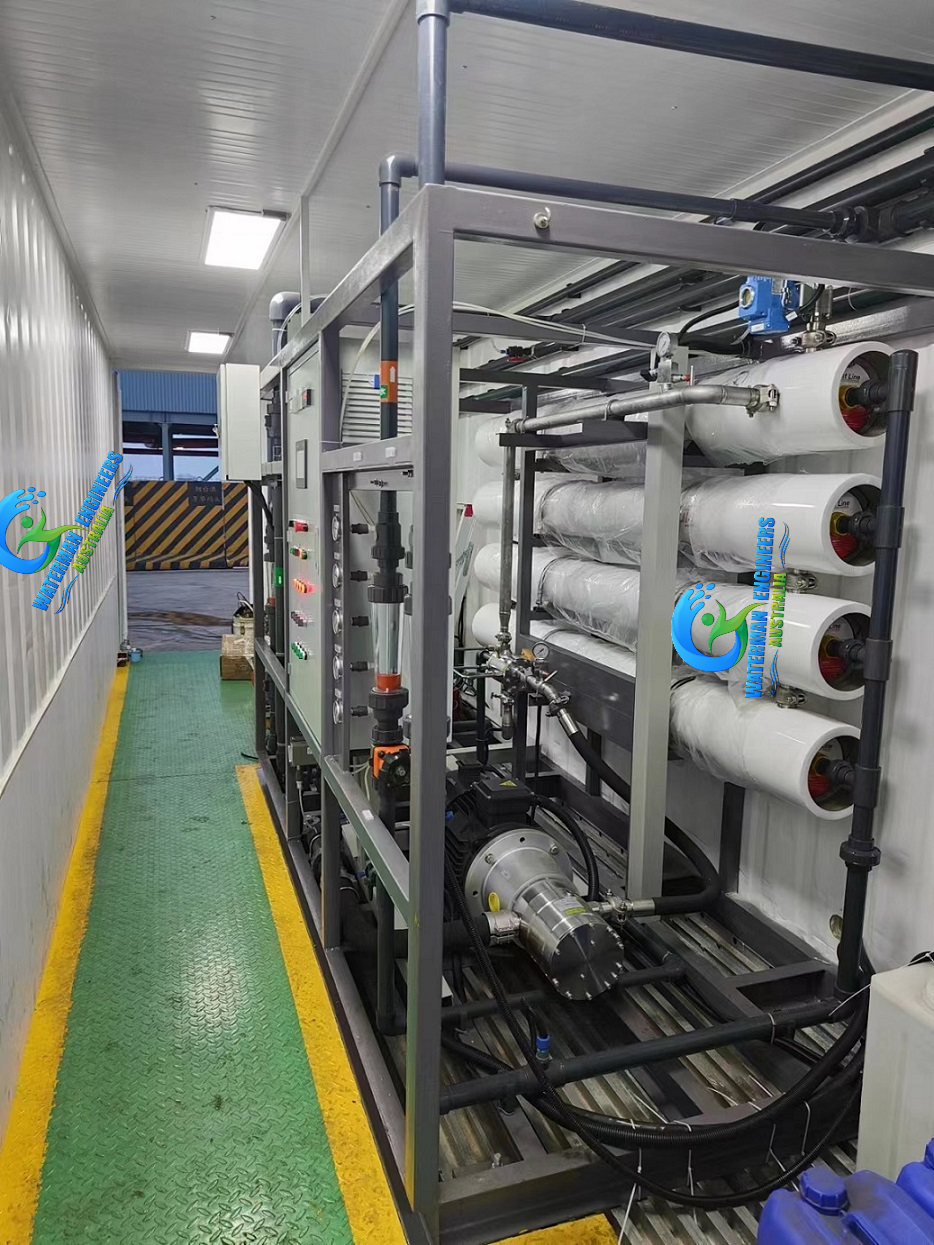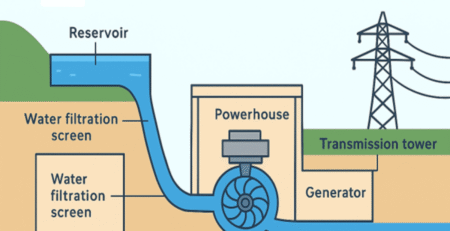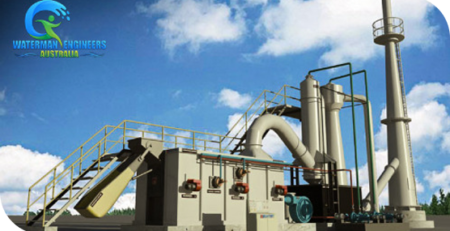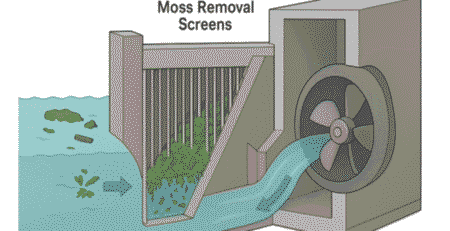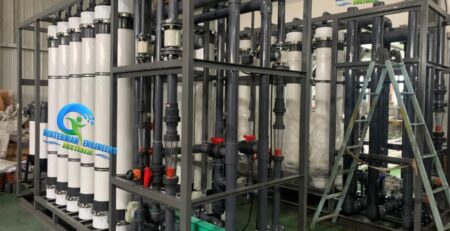Water Treatment Plants on Rent, on Hire
“Water Treatment Plants on Rent, on Hire”,
FOR AUSTRALIAN CLIENTS ONLY
1. Introduction
Importance of Water Treatment:
Water treatment is the process of improving the quality of water to make it suitable for a specific end-use, whether for drinking, industrial processes, or agricultural purposes. Clean, safe water is vital for public health, the environment, and industry. As industries, municipalities, and agricultural operations face increasing water scarcity and pollution, water treatment has become a critical need.
Overview of Renting a Water Treatment Plant:
Renting a water treatment plant is an alternative to purchasing and installing a permanent treatment system. Renting offers flexibility, cost-effectiveness, and access to high-quality systems without the significant upfront costs. Temporary or mobile water treatment plants can be rented for short-term projects, seasonal use, or emergencies, allowing businesses to scale their water treatment capacity as needed.
Benefits of Renting vs. Purchasing:
Renting a water treatment plant offers several advantages:
- Cost-Effective: Renting eliminates high capital expenditure costs involved in buying and setting up a plant.
- Flexibility: Renting allows businesses to adjust capacity based on demand, without long-term commitments.
- Up-to-Date Technology: Renting gives access to the latest technology and systems that are often more efficient and environmentally friendly.
- Maintenance-Free: The rental company usually handles maintenance, repairs, and upgrades.
- No Installation Hassles: Renting bypasses the need for complex installation processes and regulatory hurdles.
2. Types of Water Treatment Systems Available for Rent
Modular Water Treatment Plants:
Modular systems consist of multiple pre-assembled units that can be combined and
customized based on the water treatment requirements. They offer scalability and are typically faster to deploy compared to traditional systems.
Reverse Osmosis Systems:
Reverse Osmosis (RO) is a filtration process that uses a semi-permeable membrane to remove dissolved salts, bacteria, and other impurities. Renting an RO system is suitable for industries that need purified water for various applications like pharmaceuticals, food processing, or electronics manufacturing.
Membrane Filtration Systems:
These systems use a variety of membrane technologies (ultrafiltration, microfiltration) to filter particles, bacteria, and other contaminants. Membrane filtration systems can be rented for applications requiring high-quality water with consistent purity.
Chemical Treatment Systems:
Chemical treatment involves the use of chemicals like coagulants, flocculants, or disinfectants to treat water. Renting chemical treatment plants can be a good option for industries like wastewater management, mining, or food processing that need chemical dosing systems.
UV Disinfection Systems:
UV disinfection uses ultraviolet light to inactivate microorganisms. Renting UV systems is ideal for municipalities, commercial spaces, and industries looking to disinfect water without chemicals.
3. Factors to Consider Before Renting a Water Treatment Plant
Water Quality Requirements:
Before renting a system, it’s essential to analyze the quality of the water you need to treat. Parameters such as pH, turbidity, suspended solids, TDS (Total Dissolved Solids), and microbiological contamination should be considered to ensure the rented system meets the required treatment standards.
Flow Rate and Capacity Considerations:
The flow rate (the amount of water the system can process per unit of time) is an important factor when selecting a water treatment plant for rent. Renting a system with the correct capacity ensures that water treatment demand is met without overloading the equipment or incurring excessive costs.
Space and Installation Requirements:
Not all water treatment plants require the same amount of space for installation. The plant should fit into the designated area, considering factors such as power sources, ventilation, and wastewater disposal. Renting modular plants may be ideal when space is limited.
Maintenance and Service Needs:
Rental agreements often include maintenance services, but it’s important to understand the scope of this service. Regular maintenance ensures the plant operates efficiently, reducing the risk of breakdowns. Maintenance should include cleaning, filter changes, and system calibration.
Regulatory Compliance and Permits:
Water treatment systems must meet local regulatory standards. Before renting a plant, verify that it is compliant with environmental regulations, such as discharge limits or water quality standards, and ensure you have all necessary permits.
Environmental Impact:
Sustainability and eco-friendly solutions are critical considerations. Renting a system that is energy-efficient, reduces waste, and uses less water may be a priority for industries aiming to meet environmental goals.
4. Process of Renting a Water Treatment Plant
Initial Consultation and Assessment:
The process begins with a thorough assessment of your water treatment needs. This includes evaluating water quality, flow rate, space, and specific requirements for the plant. Consultants or service providers help identify the appropriate type and size of equipment.
Equipment Selection and Customization:
Once requirements are clear, the rental company will suggest specific systems. Equipment can be customized based on water treatment goals, such as providing additional filtration stages, chemical dosing, or specialized disinfection methods.
Terms of Rental Agreements:
Rental agreements should be clear, outlining the rental duration, payment terms, responsibilities, and conditions. It’s important to understand the length of the contract, whether it’s short-term or long-term, and any penalties for early termination.
Installation and Setup Procedures:
The installation process for a rented water treatment plant generally involves site preparation, plumbing, electrical connections, and testing. Rental companies often handle the installation and provide support during the setup phase.
Training for Staff and Operators:
Most rental agreements include training for the personnel operating the system. The training covers operation, maintenance, troubleshooting, and safety procedures to ensure efficient and safe operation of the plant.
Ongoing Support and Maintenance:
Maintenance and support services may be included or available as an additional service. Rental companies often provide 24/7 support for troubleshooting, remote monitoring, and emergency repairs, ensuring the system operates smoothly.
5. Advantages of Renting a Water Treatment Plant
Flexibility and Scalability:
Renting allows businesses to adjust treatment capacity depending on their needs. Whether increasing or decreasing capacity, rented plants can be scaled up or down without the constraints of owning a fixed system.
Lower Upfront Costs:
Renting a system eliminates the substantial upfront capital expenditure. This is beneficial for businesses with budget constraints, as they can allocate funds to other operational areas.
Access to Advanced Technology:
Rental services often provide the latest technologies, which would be costly to purchase. These may include energy-efficient designs, advanced filtration methods, or cutting-edge disinfection systems.
Minimal Maintenance Responsibility:
With rental plants, the rental company is typically responsible for maintenance. This reduces the operational burden on the business and ensures that the equipment is always running efficiently.
Support and Expert Service:
Rental companies often have extensive expertise in water treatment, providing continuous support, troubleshooting, and optimization. Their staff are usually highly trained in operating and maintaining specialized systems.
6. Cost of Renting a Water Treatment Plant
Rental Pricing Models:
Rental costs can vary based on factors like the type of system, capacity, and rental duration. Common pricing models include:
- Fixed Price: A set monthly or annual fee for using the system.
- Hourly/Usage-Based: Charges based on the volume of water treated or the operating hours of the system.
- Lease-to-Own Option: Some rental companies offer the option to purchase the plant after renting for a certain period.
Factors Influencing Rental Costs:
- System Type and Complexity: Specialized or large systems tend to cost more.
- Duration of Rental: Longer rentals might come with discounted rates.
- Location and Setup: Installation costs, logistics, and transport can increase the overall cost.
- Cost of Installation and Deinstallation:
Installation and deinstallation fees are often separate from the rental charge. These fees cover labor, transportation, and other associated costs.Additional Services:
Some companies charge extra for services like maintenance, remote monitoring, water testing, and operator training. It’s crucial to clarify what’s included in the base rental price.Comparison of Renting vs. Buying:
Renting typically involves lower upfront costs but might be more expensive in the long run if the plant is needed for many years. However, buying entails significant capital investment, long-term maintenance, and the risk of obsolescence.
7. Applications of Water Treatment Plants for Rent
Industrial Applications:
Water treatment plants are crucial for industries like mining, manufacturing, and textiles. Renting systems allows companies to meet short-term or fluctuating water treatment needs without the commitment of purchasing equipment.
Commercial Uses:
Hotels, resorts, and large office buildings often rent water treatment systems to ensure a constant supply of clean water for guest services, irrigation, and industrial processes.
Emergency or Temporary Use:
Temporary water treatment systems are often rented in emergencies (e.g., natural disasters) or for construction sites where water treatment is needed for a limited time.
Municipal Water Treatment:
Local governments may rent water treatment plants to address seasonal water quality issues or provide emergency water treatment in cases of system failures or contamination.
Agricultural Use:
Farmers may rent water treatment plants for irrigation purposes, ensuring that water used for crops is free from contaminants or impurities that could affect crop health.
8. Maintenance and Operation of a Rented Water Treatment Plant
Routine Maintenance:
Regular maintenance is necessary to keep the water treatment plant running at optimal
efficiency. This includes filter cleaning, pump checks, and monitoring chemical dosages. Some rental companies provide this service as part of the rental agreement.
Troubleshooting Common Issues:
Common issues can include clogging, equipment failure, or chemical imbalances. Rental companies typically
provide support in diagnosing and resolving these issues to ensure minimal downtime.
Support Services Provided by Rental Companies:
Most rental agreements include 24/7 customer service and technical support, offering assistance in troubleshooting, repairs, and performance optimization.
Performance Monitoring and Optimization:
Rental companies may offer remote monitoring of the system’s performance to ensure it meets the required water treatment standards. This allows for proactive intervention when needed.
9. Regulatory and Compliance Considerations
Water Treatment Regulations:
Water treatment plants must comply with local, national, and international standards, such as the Environmental Protection Agency (EPA) in the U.S. Compliance ensures that the water is safe for its intended use and that discharges do not harm the environment.
Ensuring Compliance with Rental Systems:
Before renting, verify that the equipment meets all relevant regulations. Ensure that the rental company provides certificates of compliance and testing data.
Liability and Insurance:
It’s important to review the insurance coverage and liability clauses in rental contracts. Ensure the plant’s performance is covered in case of malfunction or environmental damage.
10. Case Studies: Successful Implementation of Water Treatment Plants on Rent
Industrial Case Studies:
Explore how companies in industries like mining or manufacturing successfully used rented water treatment plants to meet fluctuating water quality demands. Highlight the flexibility, cost savings, and operational efficiency.
Municipal Applications:
Illustrate how local municipalities used rented water treatment plants during emergency situations, such as during system breakdowns or after natural disasters.
Temporary Projects:
Examine case studies where water treatment plants were rented for short-term projects, like construction or seasonal farming operations.
11. Challenges and Solutions
Challenges Faced When Renting:
- Installation Delays: Unexpected delays in setting up the plant can disrupt operations.
- System Failures: In some cases, rented systems may experience breakdowns, affecting water supply.
- Regulatory Issues: Ensuring compliance with local laws can be a challenge if rental companies don’t meet specific requirements.
Solutions to Common Issues:
- Choosing a Reliable Rental Company: Work with companies that have a strong reputation for reliability and service.
- Contingency Planning: Have backup plans in case of equipment failure, such as rental backups or emergency response systems.
- Clear Contracts: Ensure rental agreements include clauses that address potential issues like system failure or regulatory challenges.
12. Future Trends in Renting Water Treatment Plants
Technological Advancements:
Future trends include more automated, smart water treatment systems that use AI and IoT for better monitoring, diagnostics, and maintenance.
Sustainability and Eco-Friendly Solutions:
Water treatment plants will continue to evolve with a focus on sustainability, utilizing renewable energy sources, reducing waste, and lowering environmental impact.
Modular and Mobile Systems:
As demand for temporary water solutions grows, modular and mobile water treatment systems will become more prevalent, offering easy deployment and scalability.
13. Conclusion
Summarize the benefits and considerations of renting a water treatment plant. Emphasize flexibility, cost-effectiveness, and the importance of choosing the right rental partner to meet both immediate and long-term water treatment needs.

